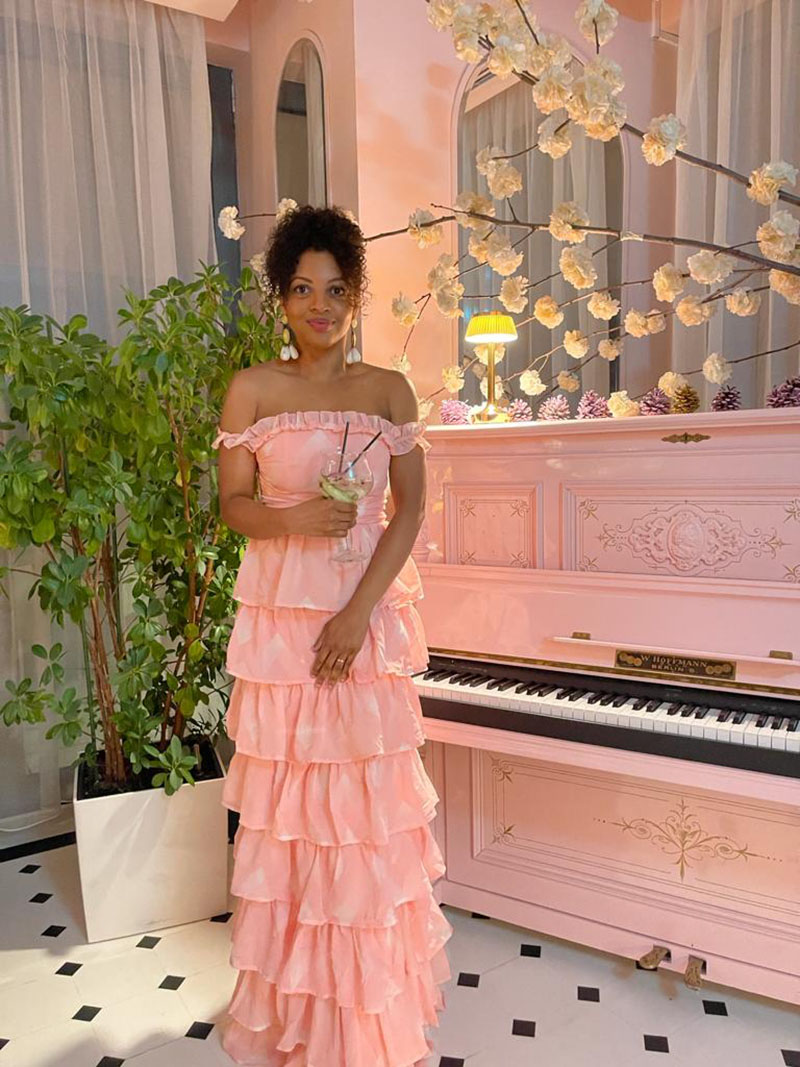
In addition, in a plural society such as our own, where race groups tend to compete on almost every level and where the practice of religion remains relatively crucial in family settings, being open could feel as if one is letting one’s guard down and leaving room for criticism toward the group one belongs to or identifies with. Thus naturally hesitance has been embedded in all of us to different degrees.
It is no wonder therefore that most of us practice vulnerability within tight circles and hold those with whom we share with dear to us. On the flip side this sometimes even limits us in the ways in which we interrogate things.
Brene Brown describes vulnerability as “the birthplace of love, belonging, joy, courage, empathy and creativity. It is the source of hope, empathy, accountability, and authenticity. If we want greater clarity in our purpose and deeper and more meaningful spiritual lives, vulnerability is the path. I define vulnerability as uncertainty, risk and emotional exposure.”
So how do we know who to open up to, when, to what extent and what do we do if it is weaponized against us? Questions that I am often posed with are,when did you tell your husband about your OCD and anxiety, did you leave out bits and how did you ensure that you were still treated with integrity after? While at times I don’t get questions but rather smartly-worded statements which imply a saviour notion towards my partner.
One thing was always certain, most people wanted to share but they were terrified of the outcome or how they would be seen. I believe in transparency and I don’t believe that there is a particular time within a relationship or a friendship that being vulnerable should take place. Neither do I believe it is something that requires a singular moment in a relationship or friendship as things will continue to happen, some even more unfortunate than previous experiences.
My anxiety did most of the talking for me. My husband noticed it just four months into dating. The constant checking without reason and panic attacks were hard to hide because some actually ended up in the ER.
While I dislike the word luck to use in such situations because I personally believe everyone is worthy of a partner, friends and family who can love and care for them through and through, I was, for the lack of a better word, lucky.
People’s reactions to vulnerability is a reflection of experiences, upbringing and awareness. He knew all the markers and coincidentally mental health awareness was aggressive during our time in university which helped tremendously. That being said, to put it bluntly, there is no race group that is superior to any when it comes to embracing vulnerability as it is solely influenced by the person’s upbringing, experiences and exposure.
While these things helped, there was still no way of knowing what would have been his reaction had I not been myself. The truth is, we will never know who we can be truly vulnerable with. People’s reactions may also not necessarily have anything to do with you but rather more about them. The fright that comes from witnessing the reality of such things being close to home can be scary for many. So scary that sometimes they will either ‘other’ you in a way that creates mental safety for themselves or perhaps to prevent themselves from digging into their own wounds.
Practicing vulnerability also acts as a tool which helps us to assess and categorize our relationships, helping us to understand where we need to work on them. While most of us tend to focus on the party who is being vulnerable, practicing vulnerability also means sharpening and strengthening empathy within ourselves, when on the receiving end. Perhaps even learning from our own shortcomings about what we should or shouldn’t do.
I have heard some of the most unkind things after being vulnerable. I have seen it weaponized and used to put me in a box and while this is to be expected because we are all different people with different upbringings, influences and experiences it doesn’t mean that it doesn’t sting. The reaction to being vulnerable is not your own to sit with but the other party’s. It is, however, your own to take in stride and learn from for future reference.
To be vulnerable means to love yourself. To be vulnerable is to have courage in yourself and those around you. To be vulnerable is to trust that the respect you have for yourself, they have for you too. To be vulnerable is to have faith and trust that the world is gentle with those who are gentle with themselves. Vulnerability is truly the only way to really connect with ourselves and others in the healthiest and most natural way possible.


